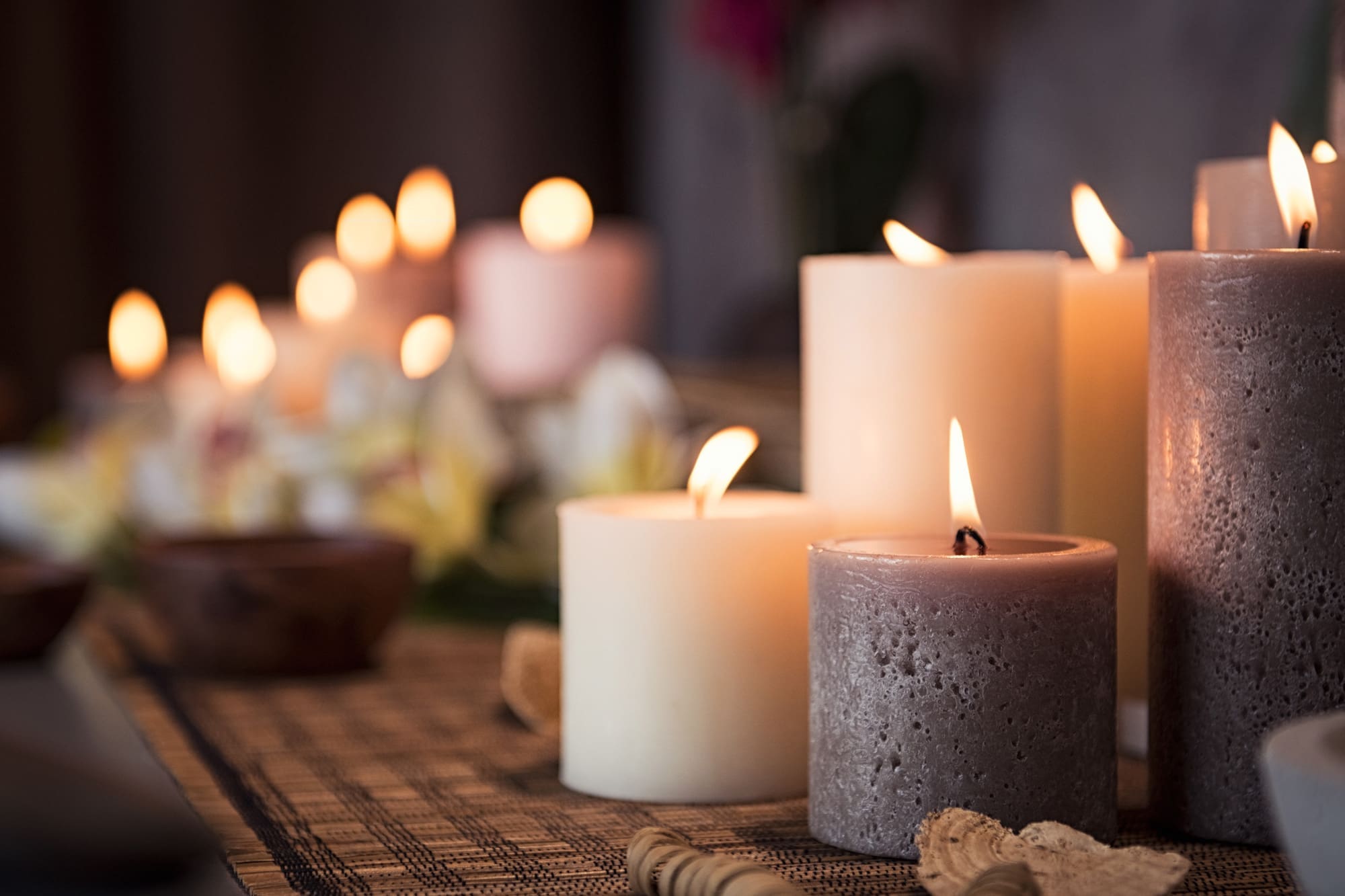The average funeral in the United States today costs between $6,000 and $12,000. Funeral costs have been rising steadily since the 1980’s and it’s not uncommon for a funeral to cost $9,000 or more with optional add-on charges and an upgraded casket or urn. Fortunately, with some facts and planning, it’s also possible to spend substantially less than the national average. Let’s break down the funeral charges.
Funeral Fees – The national Funeral Rule allows funeral providers to charge a basic services fee (typically $1500 – $3000) that customers must pay. This fee includes those services common to all funerals, regardless of the specific arrangements: planning, securing permits and copies of death certificates, sheltering the remains, and coordinating arrangements with the cemetery, crematory or other third parties. The fee does NOT include charges for optional services or merchandise.
Cash advances – These are fees charged by the funeral home for goods and services it buys from outside vendors on your behalf, such as flowers, obituary notices, pallbearers, officiating clergy, organists, and soloists. Some funeral providers pass on their cost to you for the items they buy on your behalf; others add a service fee to the price you are charged. The Funeral Rule requires those who charge an extra fee to disclose that fact in writing, although it doesn’t require them to specify the amount of their markup. The Rule also requires funeral providers to tell you if there are refunds, discounts, or rebates from the supplier on any cash advance item. If the funeral provider doesn’t know the cost of the cash advance items at the time the arrangements are being made, he or she is required to give you a written “good faith estimate.”
Other services and merchandise – The additional costs for specific goods and services are many. Some are purely optional but others are necessary components, depending on the type of arrangements you select. The funeral provider must give you an itemized statement of the total cost of the funeral goods and services you have selected when you are making the arrangements. This statement also must disclose any legal cemetery or crematory requirements that you purchase specific funeral goods or services. The Funeral Rule does not require any specific format for this information; funeral providers may include it in any document they give you at the end of your discussion about funeral arrangements. Major components may include:
- Embalming – Many funeral homes require embalming (typically $600-$1000) if you are planning a viewing or visitation. But embalming generally is not necessary or legally required if the body is buried or cremated shortly after death. A funeral provider may not provide embalming services without permission; may not falsely state that embalming is required by law when it isn’t; may not charge for unauthorized embalming unless required by state law; may not tell you that embalming or any other preservation process will preserve a body indefinitely (it won’t!); and must disclose that you usually have the right to choose a disposition that does not require embalming.
- Caskets – Caskets are often the single most expensive component of a traditional full-service funeral. Caskets vary widely in style and price and are sold primarily for their visual appeal. Although an average casket costs slightly more than $2,000, they can range from as little as $900 to as much as $12,000. Caskets may be rented for viewing at ceremonies (prices vary), or foregone altogether for cremation and some burials. An “alternative container,” which may be used instead of a casket for cremation and some burials, typically costs $100-200, but the range is huge: $20 – $2100!
- Burial Vaults or Grave Liners, also known as burial containers, are commonly used in traditional burial to prevent the ground from caving in as the casket deteriorates over time. A grave liner ($700 – $1000) is made of reinforced concrete and will satisfy any cemetery requirement. Grave liners cover only the top and sides of the casket. A burial vault is more substantial and expensive ($900-$13,000) than a grave liner. It surrounds the casket on all six sides in concrete or another material and may be sold with a warranty of protective strength.–
- Transportation – Pick up of the body and transport to the funeral home is always a cost component. For burial, transport to the cemetery will also be necessary. A funeral home’s charge for transportation is often based on a specified service area (typically 30 to 50 miles) during regular business hours, and there may be an upcharge ($1.50-$3/mile) if the distance or timing parameters are exceeded. There may also be upcharges if the body exceeds a certain size. Be sure to inquire about any factors that could impact the transportation fee.
- Use of Facilities – If the funeral home will be used for viewing, visitation, or ceremony of any kind, you will be charged a usage fee. Get specifics on which facilities you will have the use of, for how long, and what adjunct services the funeral home provides (e.g. handling of flowers) as part of that fee. If the funeral home is requested to provide a graveside committal service, they will typically arrange tent, chairs, and staff, and there will be additional charges for that.
- Optional Services – Some typical add-on optional services that you may select a la carte include: obituary, register book, tribute cards, programs, thank you cards, clothes for deceased, videos, flag case, limousine, processional, transfers to/from other funeral home, and certified copies of death certificate.
